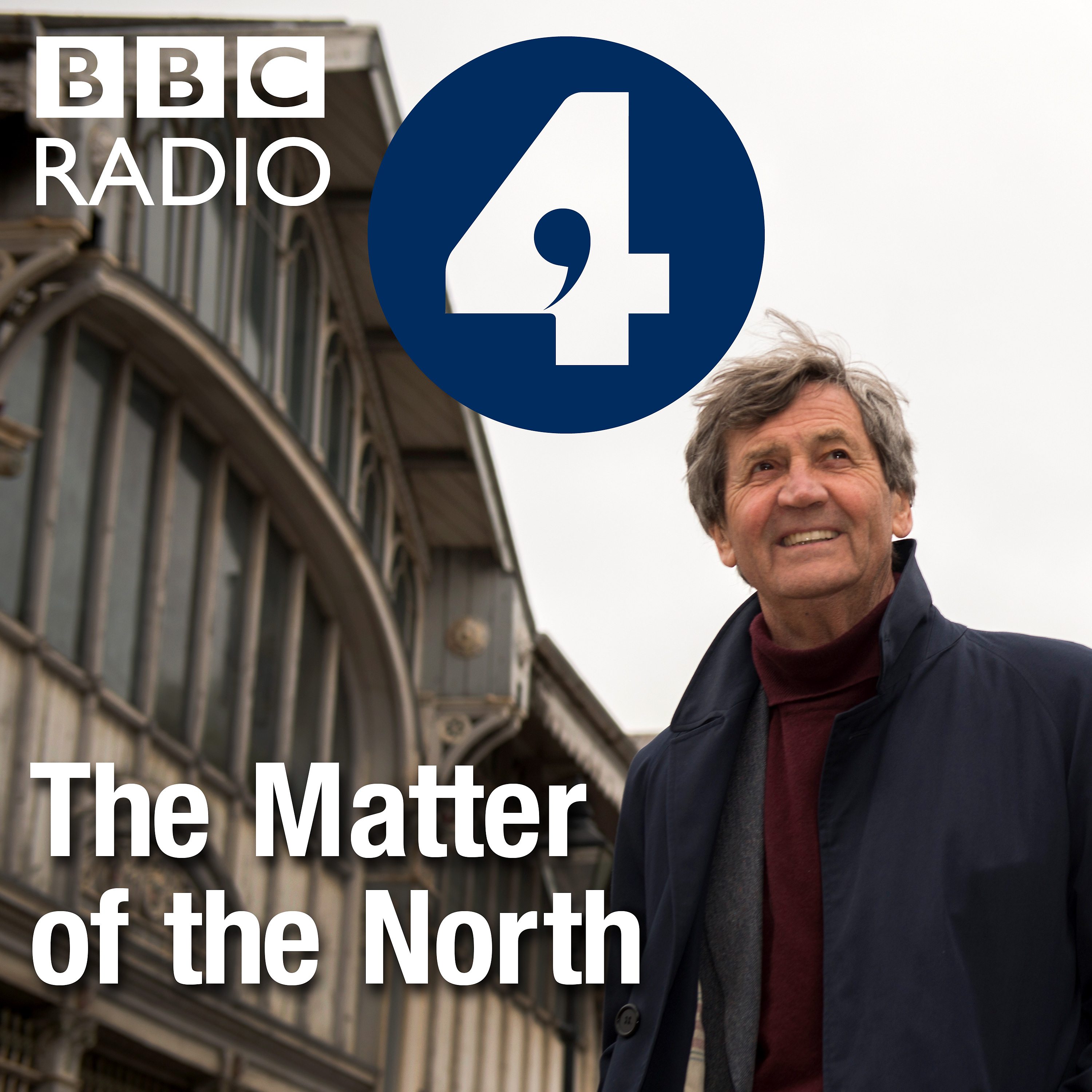The Glories of Northumbria
Description
Episode Two features the glories of the glittering Northumbrian Renaissance. Melvyn begins with the Ruthwell Cross - now in Scotland - it is possible that it is inscribed with the world's oldest surviving text of English poetry - it has been described as one of the greatest art works of the Middle Ages. Melvyn travels to Jarrow to tell the story of Bede, known as the father of English History and author or The Ecclesiastical History of the English People, one of the most important books of the age. As well as writing history Bede was also one of the first people to describe the relationship between the moon and the tides. Melvyn crosses the causeway to Holy Island where the Lindisfarne Gospels were created and visits the British Library where they are preserved. The man who made the Gospels was an artist and a scientist, inventing the pencil 300 years before it was in common use. Melvyn ends in Durham Cathedral alongside the shrines of Bede and St Cuthbert - the latter occupying a special place in the hearts of local people who refer to him simply as Cuddy.
Contributors
Dr Chris Jones, University of St Andrews
Professor Nick Higham, University of Manchester
Claire Breay, British Library
Professor Michelle Brown, School of Advanced Study, University of London
Revd Canon Rosalind Brown, Durham Cathedral
Professor Richard Gameson, Durham University
Producer: Faith Lawrence.
More Episodes
In this final programme Melvyn Bragg celebrates the power of northern voices in our sporting life, and asks what being and sounding Northern means more generally - in a year which has seen what might be a traumatic and decisive shift in our politics, and in our sense of national identity. In the...
Published 09/09/16
Published 09/09/16
Melvyn Bragg explores the great cultural movements that came from the North of England which rippled out to affect the world - music with the Beatles, social commentary with Coronation Street and the rise of some of Britain's greatest comedians. Melvyn Bragg examines the contribution of the north...
Published 09/08/16


